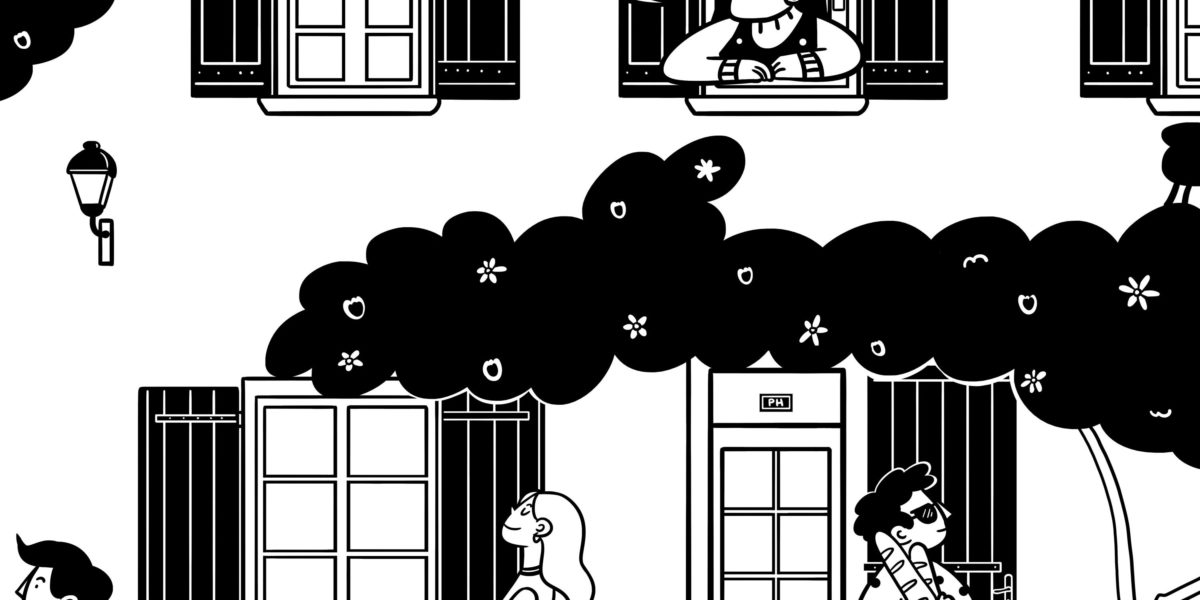Around the world, the new ‘covid-normal’ is now a reality. Australia, however, is still making progress towards our post-covid life. In some parts of the country, it has been almost 2 years since the first cases were reported and lockdowns became a day-to-day reality. Not only has it kept families apart, but it has engrained in us the online culture and isolation from society.
Most of us have longed for the day when we could step out of our homes, exercise, eat, work and socialise with our friends. There are many others, though, who reinvented their lives during lockdown and got used to ‘lockdown life’ – even the parts they dodn’t like.
Humans are creatures of habit. We prefer to develop routines and we get comfortable by establishing activities that can be engrained through days, months and even years. Because of this biological wiring, for many, emerging from lockdown will bring many challenges while adapting to the new covid-normal.
The world of sport is not isolated from this phenomenon. Over the last 2 years Triathlon Clubs have been forced to change and adapt. Training has become a completely different thing from what it used to be. Running turned into an isolated experience. Riding outdoors with mates was replaced by the indoor trainer and race simulation video games. If you were lucky enough to be involved in a Melbourne triathlon club like Davey Black, the pool swim sessions were replaced by swim specific strength and conditioning.
Trying to retrain your body and mind back into a routine and schedule with your coach and teammates is not going to be an easy task for some. Below, Mental Health Counsellor Alejandro Rivera, gives us 5 ways to help reintegrate back into a ‘normal’ routine.
- Recognise your own emotions and feelings towards lockdown.
Everyone experienced lockdown in a very different way. For some people it became an opportunity to reinvent themselves and engage in an activity that they were postponing. Others saw their projects crumble apart and had to start from scratch. Whatever is was that lockdown forced upon you, make sure to give yourself the opportunity to think and accept what it is that you got from these last 2 years and what are your feelings and emotions towards the new reality,
2. Start readjusting.
During lockdown, we got used to the extra chaos in our lives. We adapted to being able to sleep in late, roll out of bed and be ‘in the office’, located on your kitchen table, 5 minutes later. We got used to ordering food to our door. We adapted to home schooling as best we could. Computer simulation became a regular normal. To transition out of these daily habits will take a lot of time and effort. The earlier you start going through small challenges to get comfortable with being back to “normal” times, the easier it will be for you once lockdown is lifted.
3. Engage with friends who support you.
Coming back to see friendly faces can be harder than expected. Be sure to talk with your close contacts about your thoughts and emotions. Even if they don’t understand or agree with them, having someone who listens to you will be extremely useful to help you redefine what your life can and should look like.
4. Do fun sessions just for the sake of it.
Coming back to the world of triathlon means riding outdoors, running with the squad and swimming plenty of laps at the local pool. Adding to this the pressure of keeping up with a pace or a distance can be hard for many athletes. If you are struggling with performance anxiety or targeted sessions, then talk to your coach. Swap some quality sessions out and add in some fun rides or easy runs. Let your body get used to enjoying the sport again. This can be applied to all aspects of your life. Some activities don’t need the pressure of delivering a result, they are there just there for you to enjoy.
5. Engage a mental health professional if needed.
As mentioned, lockdown meant something very different to every person. Feeling anxious or nervous about returning to a normal life might be more common than you think. Having a mental health professional on your side can be beneficial to make sense of the different thoughts and emotions bubbling inside your head.
Recognition must be given to every one of us who endured the last 2 years of of social isolation and the emotional struggle of facing the unknown. Next time you stand at the start line of a race worried about the challenge ahead, think that you will be racing for every single one of us. You will be representing every single person who suffered in silence, who suffered through day and night wondering when would they see their family again. Your next race or event has to be a party. It must celebrate who you are and what have you endured over the last 2 years.
Next time we race, we will race as one.
Photo Credit: @Pizza.Hawaiiana

